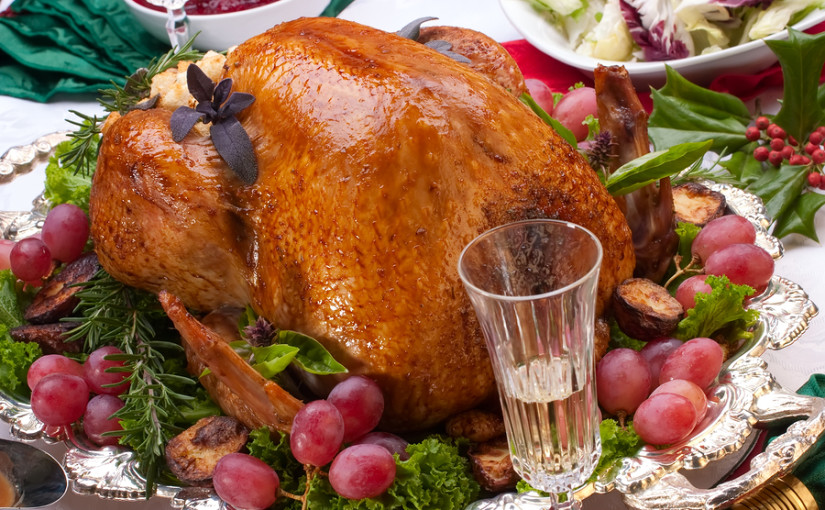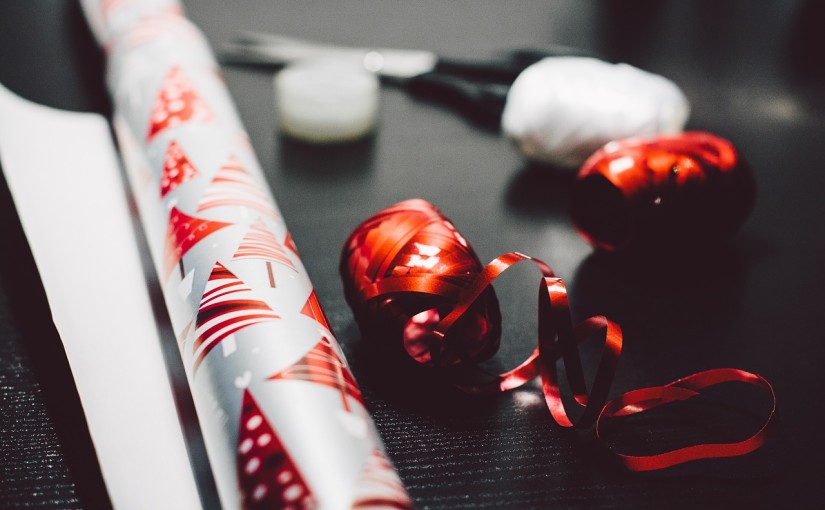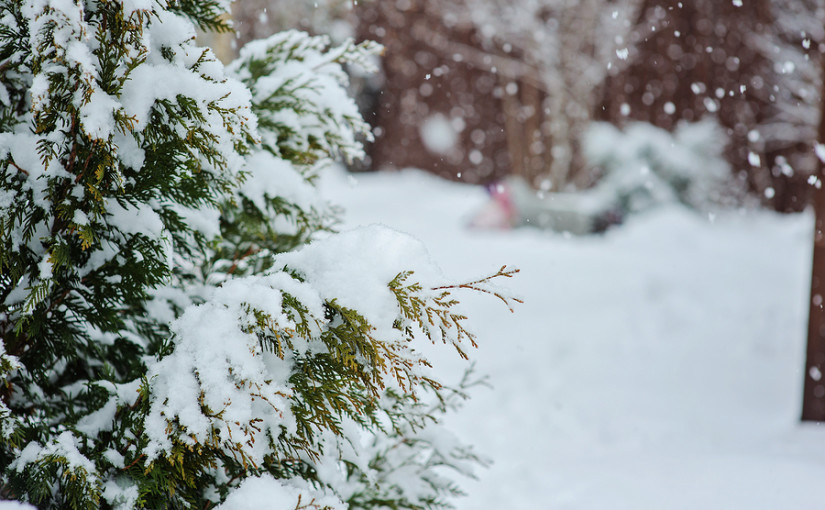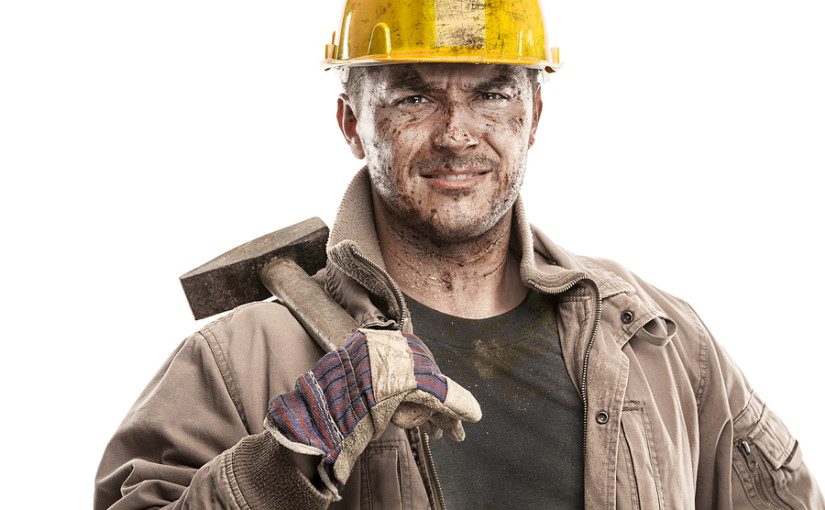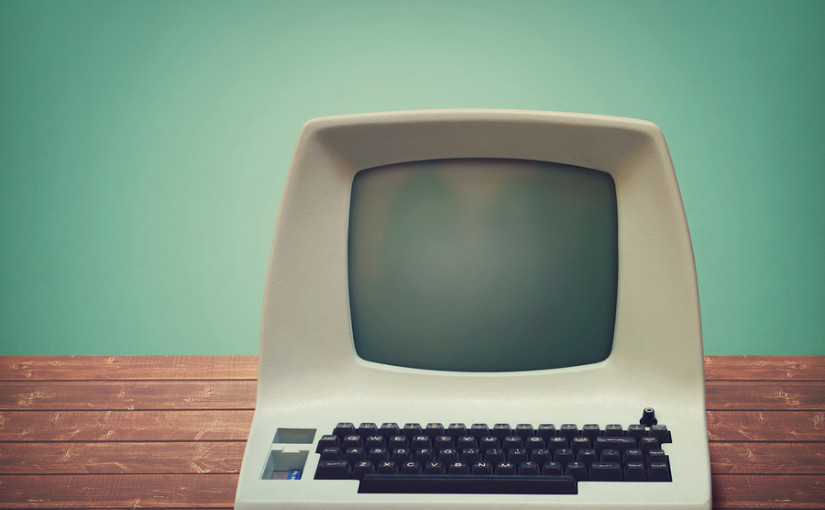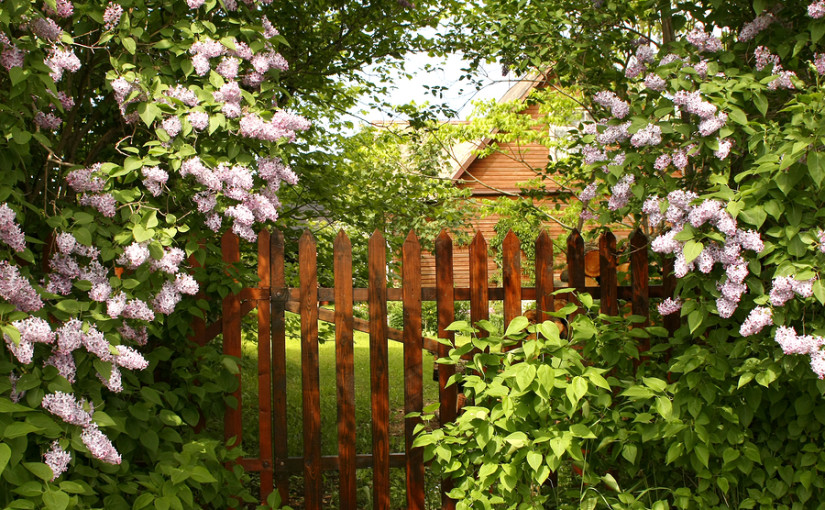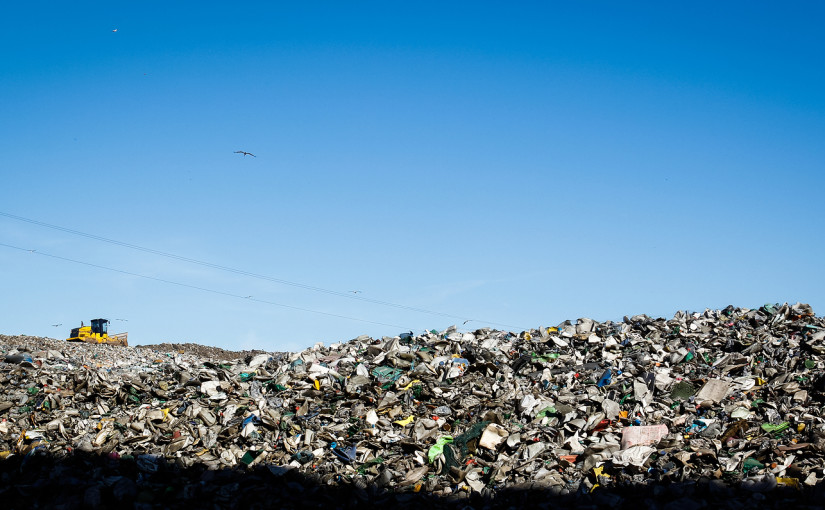The autumn is a peak time for edible waste, and while Christmas food waste is a major concern for many households and businesses, it is by no means the start of the seasonal problem.
Already UK households have carved 15 million pumpkins without eating the flesh, according to Hubbub, enough to give everyone in the country a bowl of pumpkin soup.
A third of people believe the pumpkins we carve for Halloween are an inedible variety, and more than half don’t think of them as food.
Combined with other celebrations like Easter and, of course, Christmas food waste, the UK throws away 7 million tonnes of edible waste every year.
